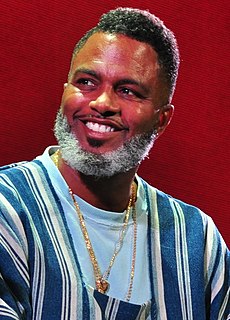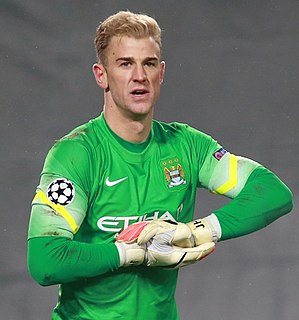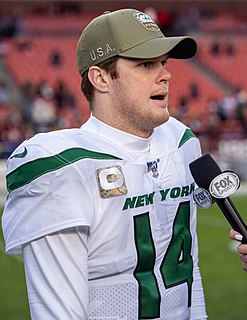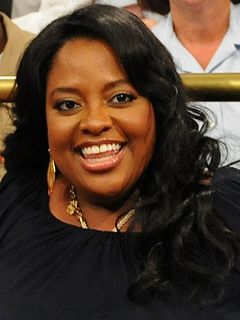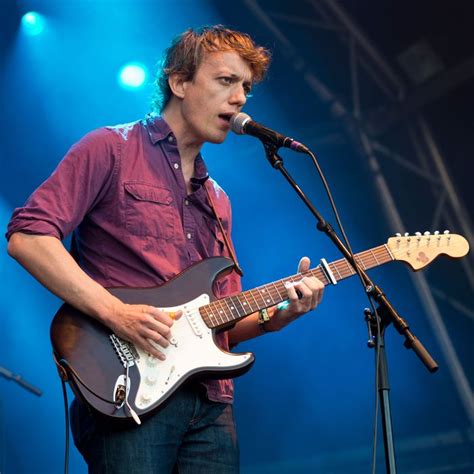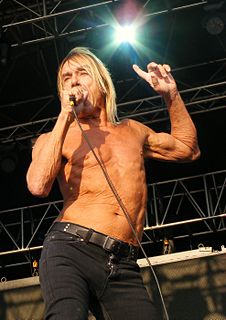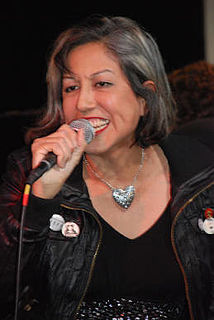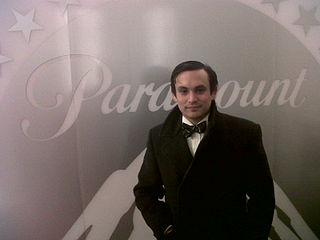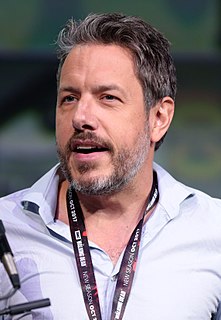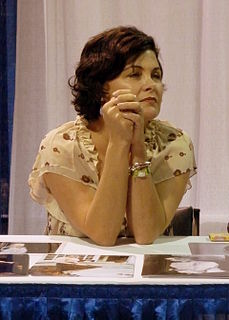A Quote by Babatunde Adebimpe
Even as a fan, as someone who's into his performances, the Stooges and his own stuff, Iggy [Pop] is one of the people who kept underlining something that a lot of my older musician friends with punk roots say: you get into this space in your life where you feel like a weirdo, you're marginalised, you don't fit in... and then you can get up on stage in front of people who probably hate you.
Related Quotes
I'm not really sure why so much people still listen us. I think we live in an era when people get attached to stuff, and it means something. Then I think a lot of people heard about it over the years - like somebody's older brother might tell them, you know, because we're from his era, and he might be like, "You need to listen to this; this is what it's all about," you know what I mean? I don't know, man, it's hard to say. But it makes us feel special.
As a journalist, I never critiqued anyone. I never review books. I've never felt qualified as a musician to say whether someone is a good musician or a bad musician. What happens with Black writers and Black artists is that if you're critiqued, for example, by a Black historian who wants to get his name on the cover of "The New York Times," and he says something, like, wacky, well, he'll get his name on the cover of "The New York Times" and he might get tenure, and your career suffers.
With me being in so many pain from when you have a betrayal from your best friend - who was my husband - and the girl got pregnant, I couldn't even get out of bed. The only thing that saved me was my stand-up. I would get on stage and just talk about stuff, and I made people laugh. A lot of women e-mail me and say, 'How do you smile? How do you laugh at something like this?' That's how I do it. I laugh because that's how I get through pain.
I listened to a lot of The Stooges when I was writing "Oscillate," imagining our hero moving through his days naturally embodying the spirit of a real punk. I say real, because today's idea of 'punk as fashion accessory' doesn't even register with him, it's more about the way he engages with the world.
The supporting thing can be harder to pop in and out of. The hardest thing is the people who have to come in and play, say, the bartender for a day - that's a lot harder than playing the lead role. You have to pop in and get it right. It's a lot of pressure to just pop in there and fit in and find your footing really fast.
Listening closely to songs these days, there's a lot of lazy songwriting where people get away with it. I don't want to be too critical about it. But I also feel like I wanted to say something a bit different from just being a musician and singing about yourself. Ultimately, that's not really interesting to me. Even when I was a kid, I was interested in observing people and maybe making my own stories. That kind of reflects in my music.
I was full of energy, and I had a lot of bottled up rage that would come out in my stage performances. It was therapy sessions for someone who couldn't afford to go to therapy, a way to release my frustration, my inhibition. When I was little, growing up in an abusive household, I felt like I didn't have a voice. Suddenly I was on stage and people were watching me and listening to me, so even if I was singing about something that didn't have to do with abuse, when I was on stage I could express all of the anger, the rage.
A lot of women, when they're young, feel they have very good friends, and find later on that friendship is complicated. It's easy to be friends when everyone's 18. It gets harder the older you get, as you make different life choices, as people say in America. A lot of women's friendships begin to founder.
When I was in my early twenties, I fell in love at least 20 times a day. You have to be with someone where you think: if the world was full of people like you, I could not be monogamous. As you get older, you get to know yourself a little more. The older you get, the more you realize what you need. And you also realize how your choice in relationships is influenced by how you grew up. Now I feel like I've explored the dynamic of how I grew up, and I'm free to find someone who's really going to be a wonderful companion.
I came out of UCB and, before that, punk rock, and the whole deal was you do it yourself. Get up and rent the space, get up and press your own records, get up and silkscreen your own tees, get it done yourself. That sort of self-reliance will only serve me. Any time I lose sight of that, my career suffers.

